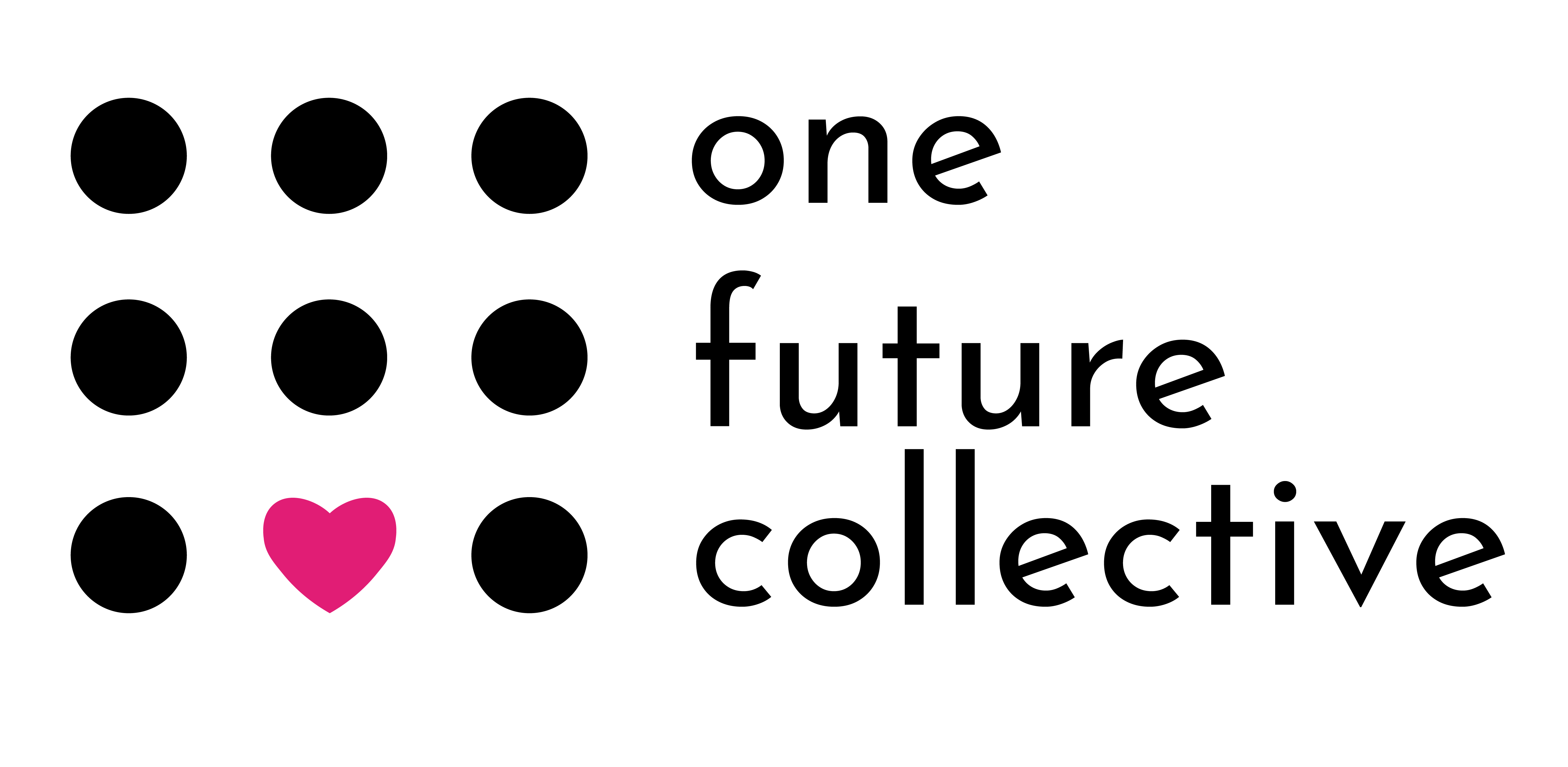Everyday Sexism — Sexism at Home
Un-gendering domestic rules and responsibilities.
Institutional sexism is the sexism and misogyny that is built into the systems and norms of society. It exists in the way we approach the different genders, and it contributes to the building of a patriarchal world.
It creeps up even closer than we want it to be. Sexism at home exists when misogyny is perpetuated and normalised by the household environment. The family is the first institution we are introduced to, and often it is rife with sexist assumptions that are thrust upon children, flattening their individualities to fit into limiting gender roles. These early formative years are often infused with gender-based stereotypes, which are harmful to all genders. This is especially harmful for girl children who are made to grow up faster, give up their education, and take upon themselves a disproportionate amount of the household burden at an earlier age. When misogyny is normalised at home, it makes it much harder to recognise and fight against patriarchy in wider structures, outside. Girls are taught early on to believe that they are less important than the males in their family, these lessons of inferiority are ingrained in them from a young age. This has an adverse effect on male children as well as they also face these stereotypes and assumptions of gender expectations, both of themselves and other seemingly inferior genders. Additionally, as household work is seen as unpaid and subsequently not valued as much, girls who are related to this realm are made to feel worthless. These early gender-based divisions adversely influence children who grow up to re-create these toxic cycles and unequal burdens as adults as well.
The idea of sexism at home is difficult to tackle as it makes us ask uncomfortable questions about prejudices and behaviours of ourselves and our family members. When sexism is introduced by a structure that is meant to nurture and support people, it can be especially damaging. Knowing that gendered stereotypes are often forced upon children before they are even born, the scale of wider systemic misogyny becomes more daunting, and the idea of dismantling it even more difficult.
A glimmer of hope can, however, be found in the fact that sexism at home is not universal, and many families are parenting with feminist, inclusive ideals that recognise the individuality in children and the harm that comes from putting them in a pre-determined box. The media, often (rightly so) accused of perpetuating these stereotypes, is also in certain ways, breaking away from these divisive norms.
Advertisements and social media campaigns such as Ariel India’s #ShareTheLoad where a father, sees his grown-up daughter struggle with office and housework without the help of her husband and realises his complicity in the cycle as he never helped out his own wife as well. He acknowledges attempts to make amends by sharing the burden with his wife in his old age. These campaigns serve as conversation starters on equal responsibilities in raising a family, and are a step towards the road to the un-gendering of domestic work and seeing it as an important aspect of survival to be learnt and shared by all.
Additionally, it is important to build an inclusive environment, before patriarchal norms get cemented in the minds of children, and this can be done through supporting NGOs that work towards educating the girl child as through education comes empowerment and opportunities that go beyond the private household domain.
Feature Image Credit: Clem Onojeghuo on Unsplash
Devina Buckshee is the National Lead (Gender Justice) at One Future Collective and tweets @DevinaB21.
Mapping and negotiating power
Uncuff India Episode 10: Dimensions of conflict and peace: visioning a utopian world
Uncuff India Episode 9: Civic space and dissent: A pathway to social justice
